
Cisleithania, officially The Kingdoms and Lands Represented in the Imperial Council, was the northern and western part of Austria-Hungary, the Dual Monarchy created in the Compromise of 1867—as distinguished from Transleithania. This name for the region was a common, but unofficial one.

The Constitutionalist Liberal Party is a political party in Nicaragua.

The Croatian Peasant Party is an agrarian political party in Croatia founded on 22 December 1904 by Antun and Stjepan Radić as Croatian Peoples' Peasant Party (HPSS). The Brothers Radić believed that the realization of Croatian statehood was possible within Austria-Hungary, but that it had to be reformed as a Monarchy divided into three equal parts – Austria, Hungary and Croatia. After the creation of Kingdom of Yugoslavia in 1918, the Party requested for the Croatian part of the Kingdom to be based on self-determination. This brought them great public support which culminated in 1920 parliamentary election when HPSS won all 58 seats assigned to Croatia.
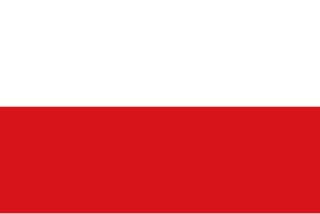
The Austro-Hungarian Compromise of 1867 established the Dual Monarchy of Austria-Hungary.

The 1924 United Kingdom general election was held on Wednesday 29 October 1924, as a result of the defeat of the Labour minority government, led by Prime Minister Ramsay MacDonald, in the House of Commons on a motion of no confidence. It was the third general election to be held in less than two years. Parliament was dissolved on 9 October.

The National Liberal Party was a liberal party of the North German Confederation and the German Empire which flourished between 1867 and 1918.

Georg Ritter von Schönerer was an Austrian landowner and politician of Austria-Hungary active in the late 19th and early 20th centuries. A major exponent of pan-Germanism and German nationalism in Austria as well as a radical opponent of political Catholicism and a fierce antisemite, Schönerer exerted much influence on the young Adolf Hitler. He was known for a generation as the most radical pan-German nationalist in Austria.

The Imperial Council was the legislature of the Austrian Empire from 1861 until 1918. It was a bicameral body: the upper house was the House of Lords, and the lower house was the House of Deputies. To become law, bills had to be passed by both houses, signed by the government minister responsible, and then granted royal assent by the Emperor. After having been passed, laws were published in the Reichsgesetzblatt. In addition to the Imperial Council, the fifteen individual crown lands of Cisleithania had their own diets.
This article gives an overview of liberalism in Austria. It is limited to liberal parties with substantial support, mainly proved by having had representation in parliament. For inclusion in this scheme it is not necessary that parties labeled themselves as a liberal party.
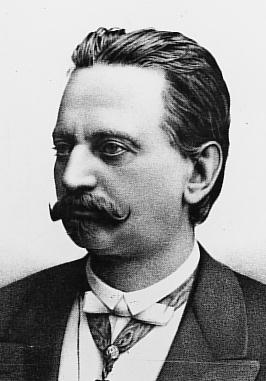
Eduard Franz Joseph Graf von Taaffe, 11th Viscount Taaffe was an Austrian statesman, who served for two terms as Minister-President of Cisleithania, leading cabinets from 1868 to 1870 and 1879 to 1893. He was a scion of the Irish Taaffe noble dynasty, who held hereditary titles from two countries: Imperial Counts (Reichsgrafen) of the Holy Roman Empire and viscounts in the Peerage of Ireland.

The Republic of Nicaragua elects on the national level a head of state—the president—and a unicameral legislature. The president of Nicaragua and his or her vice-president are elected on one ballot for a five-year term by the people.
The German Progress Party was the first modern political party in Germany, founded by liberal members of the Prussian House of Representatives in 1861 in opposition to Minister President Otto von Bismarck.
Westminster Abbey was a constituency in the Parliament of the United Kingdom. It returned one Member of Parliament (MP) to the House of Commons by the first past the post system of election.

The Republic of German-Austria and German-Austria was an unrecognised state that was created following World War I as an initial rump state for areas with a predominantly German-speaking and ethnic German population within what had been the Austro-Hungarian Empire, with plans for eventual unification with Germany. The territories covered an area of 118,311 km2 (45,680 sq mi), with 10.4 million inhabitants.

Count Karl Sigmund von Hohenwart was an Austrian politician who served as Minister-President of Austria in 1871. Hohenwart’s government attempted to implement a Federalist agreement between Bohemia and the governing Austro-Hungarian Empire. This attempt to conciliate the Bohemian Czechs caused massive criticism, and led to the fall of the Hohenwart government only months after it assumed office.

Eduard Herbst was an Austrian jurist and politician. He served as Minister of Justice in the "Citizens' Ministry" of Cisleithania from 1867 to 1870.
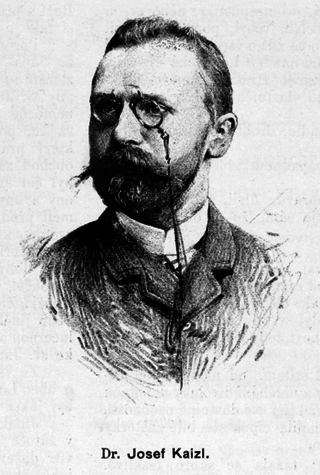
Legislative elections to elect the members of the ninth Imperial Council were held in March 1897 in Cisleithania, the northern and western ("Austrian") crown lands of Austria-Hungary. These elections were first in Cisleithania held under the curial system with universal, but still not equal, suffrage.

Felix Pino Freiherr von Friedenthal was an Austrian civil servant and politician.
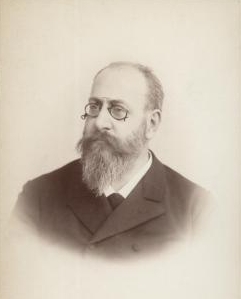
Engelbert Pernerstorfer was an Austrian politician. He was initially a liberal reformer, later a nationalist and finally a prominent social democrat. He was also a member of the Reichstag for years.
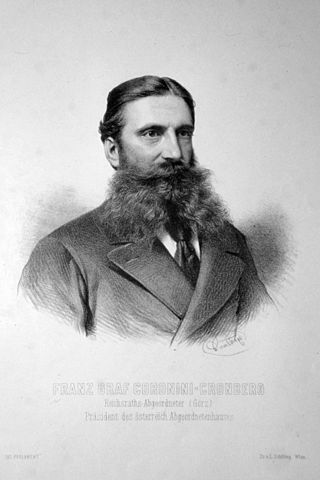
Count Franz Coronini von Cronberg was an Austrian politician from the House of Coronini von Cronberg.
















